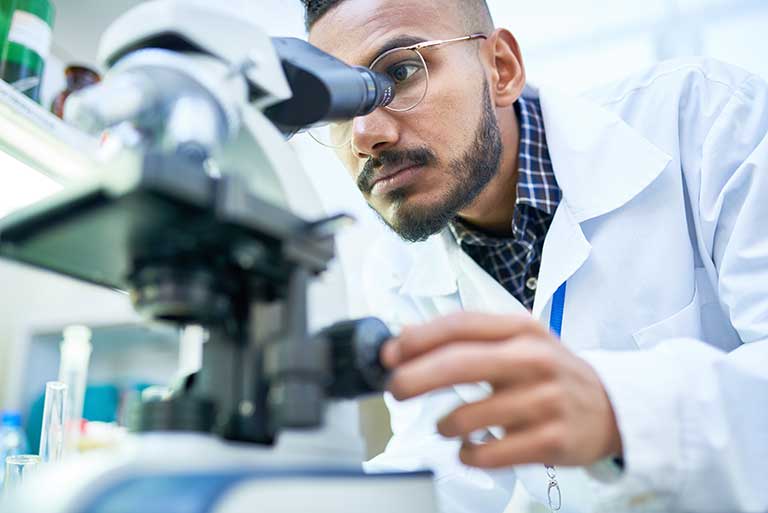
The COVID-19 pandemic has impacted biomedical research around the world. Research studies have been suspended as the number of scientists working in laboratories has been reduced to enable social distancing and as the use of time-sensitive biological samples and genetically engineered mouse models has been delayed beyond the limits of viability. These impacts have been felt most acutely by early-career scientists, whose success often depends on close collaboration with mentors and quick collection of data.
The Alzheimer’s Association has been providing special support to our active, funded researchers during these unprecedented times. We have been offering webinars to support dementia scientists and keep them connected, and we have been adjusting grant schedules as needed. We offered the Alzheimer’s Association International Conference® (AAIC®) as a virtual event in 2020 and as a hybrid event in 2021, attracting unprecedented numbers of attendees from more countries than ever before. We also initiated AAIC Neuroscience Next, a no-cost virtual conference to showcase the work of students and early-career scientists and provide them with access to information on funding and networking opportunities. We remain in contact with multiple institutions and research facility leaders around the globe to monitor the impact of the pandemic on advancing dementia research.
To further ensure research progress by early-career scientists, the Association is offering Rapid Program in Dementia (RAPID) research grants. This special opportunity is providing grants of up to $50,000 for up to two years to early-career researchers who are currently funded with an active Association award. RAPID provides funds to replace supplies and model systems, support additional staff and address other previously unanticipated needs that are now essential to move the Association-funded project forward. Grants are also supporting collection of additional data to broaden our understanding of the impact of COVID-19 on some of the most vulnerable populations.
We seek philanthropic partners to join us in securing the futures of dozens of promising dementia scientists and investigations. The COVID-19 pandemic will run its course, but the dementia crisis will still be with us. Ending it requires that we support early-career scientists to maintain and build on the tremendous strides achieved by the research community toward our vision of a world without Alzheimer’s and all other dementia. The Alzheimer’s Association has committed $1.6 million for RAPID.
Discovery Science
Early Detection
Treatment
Prevention